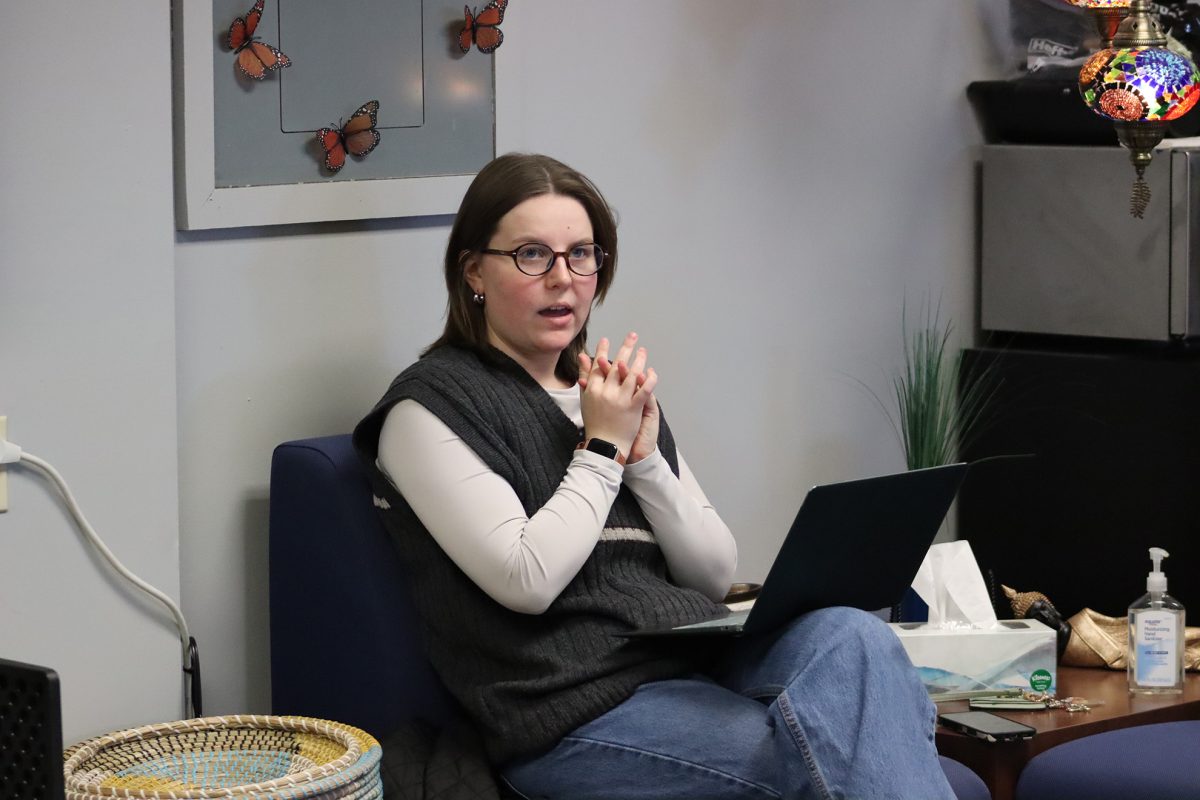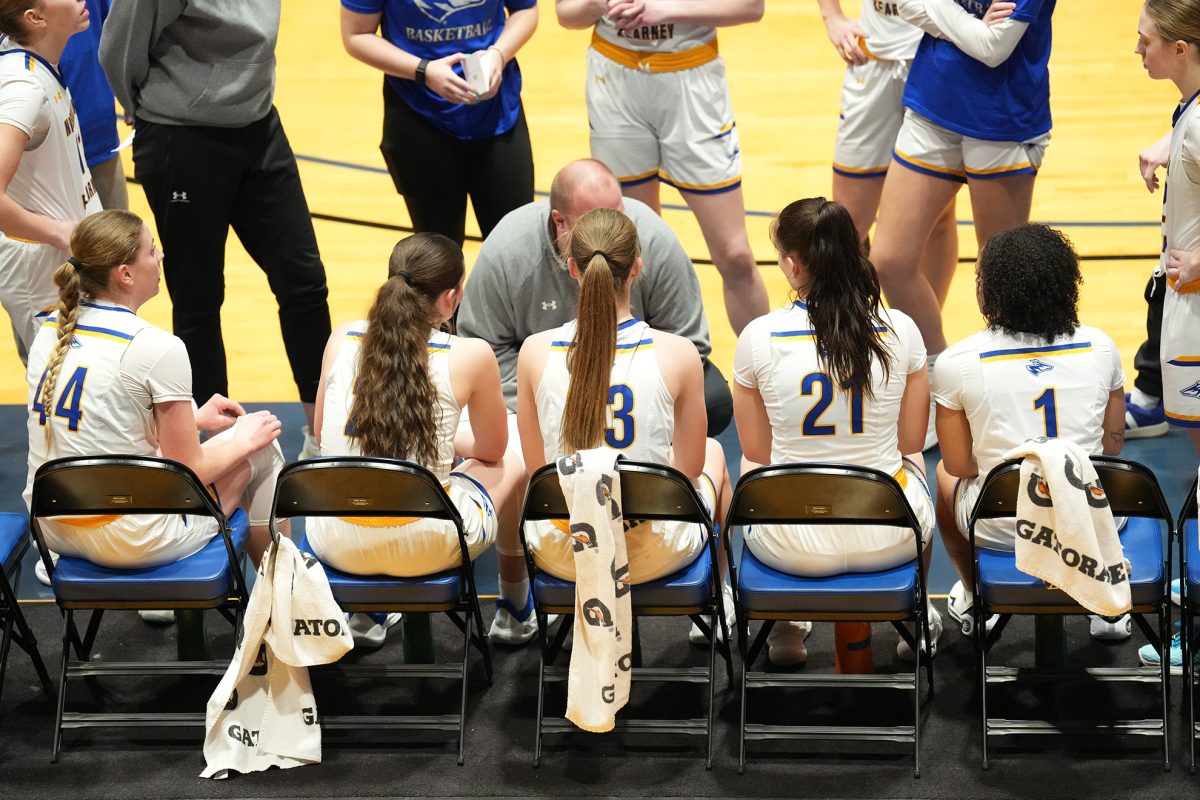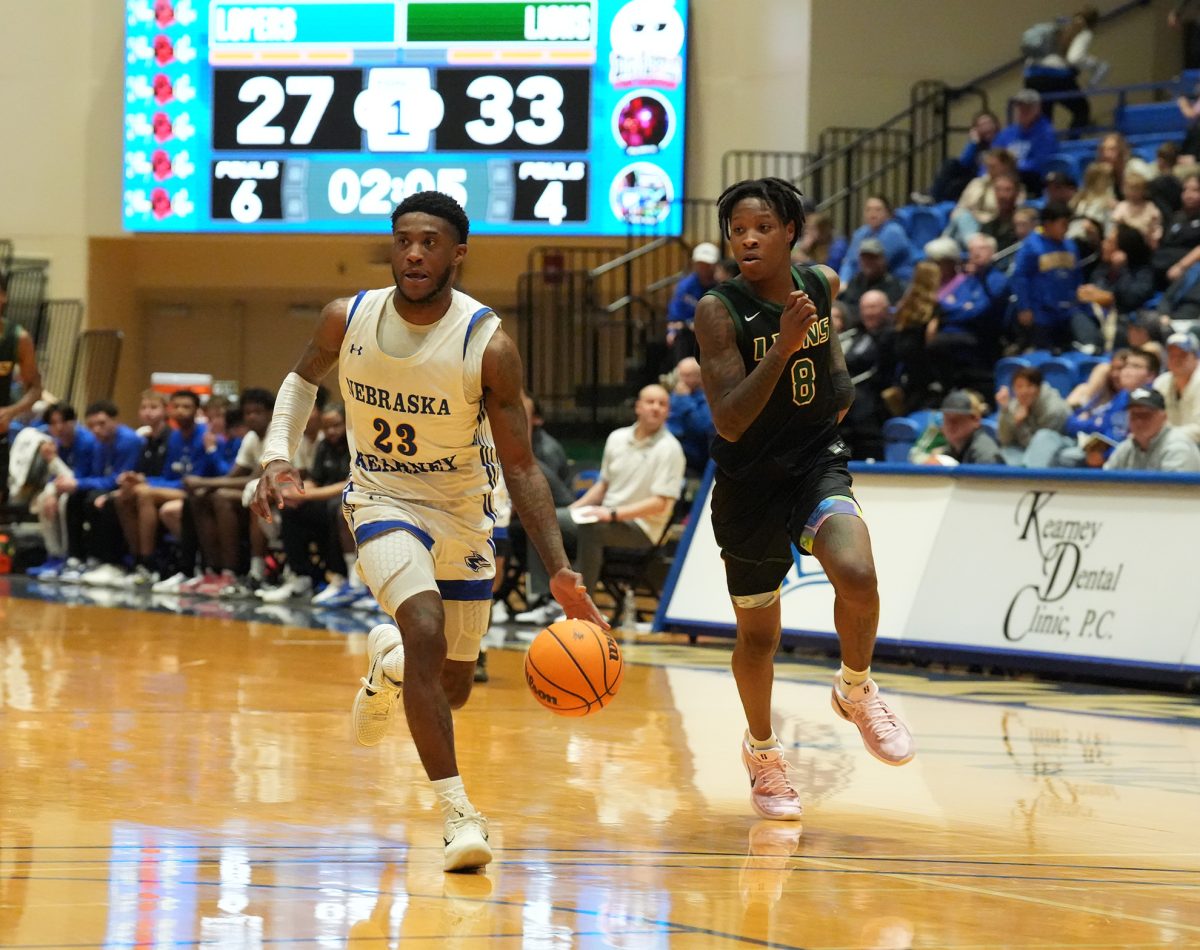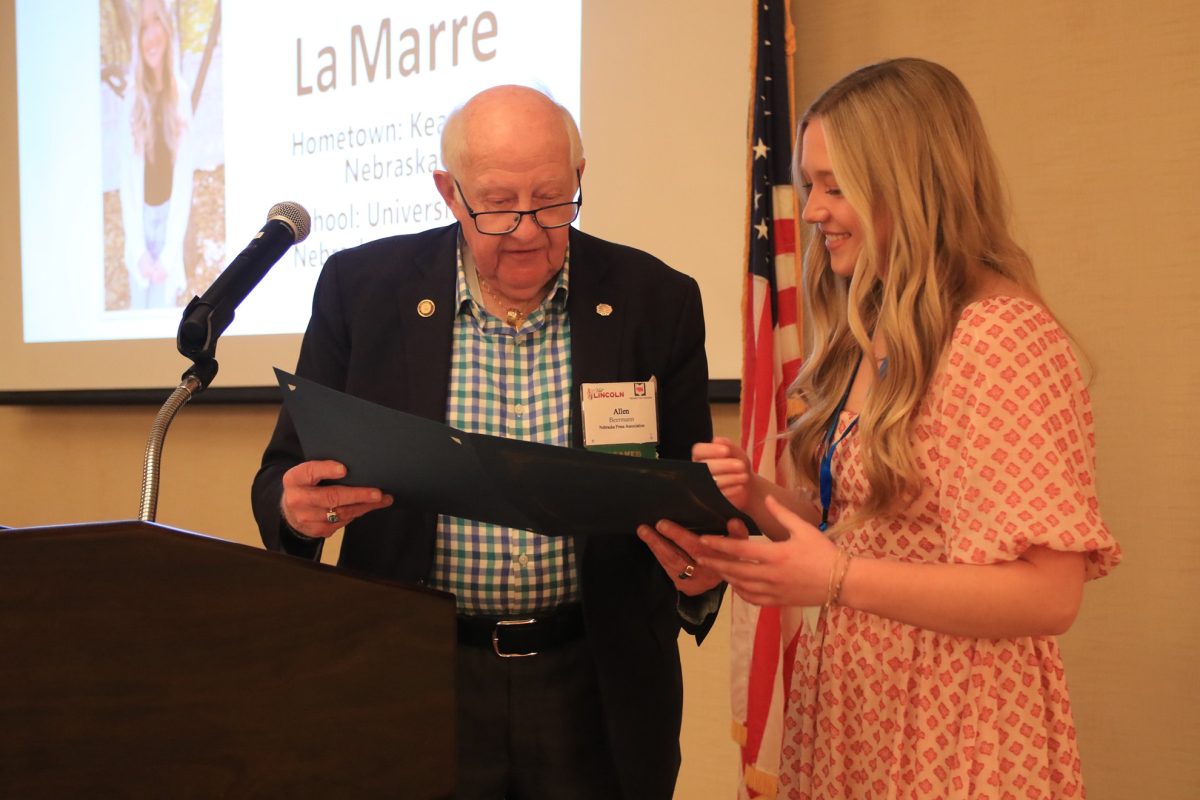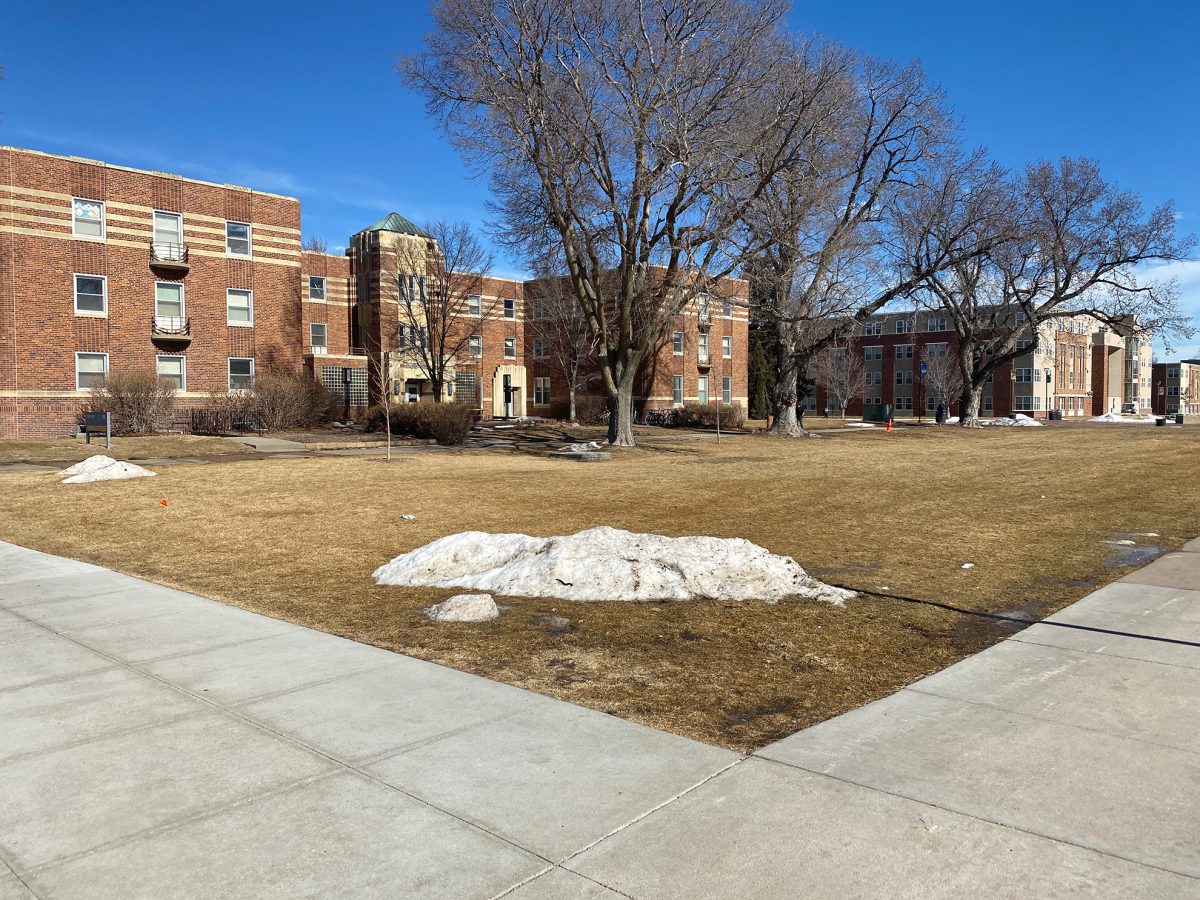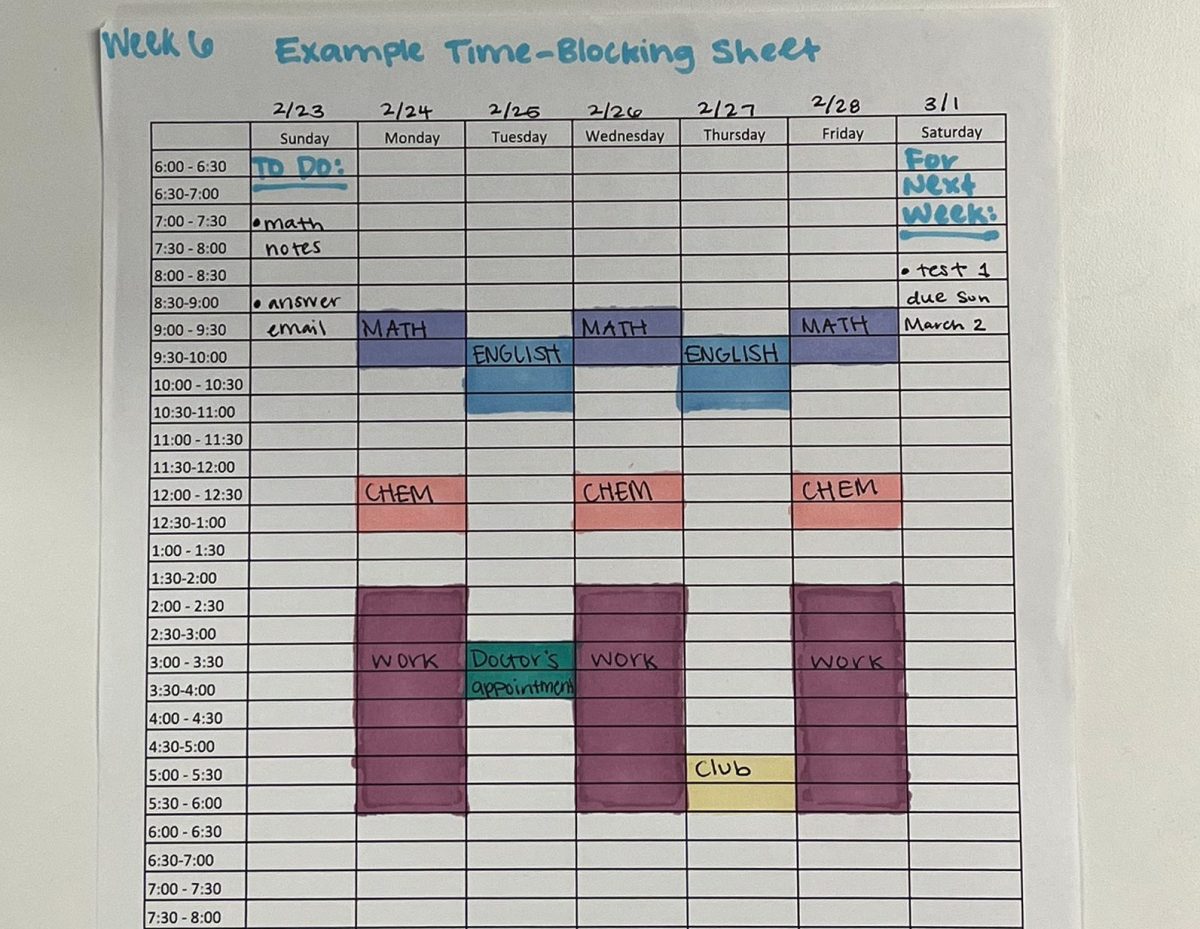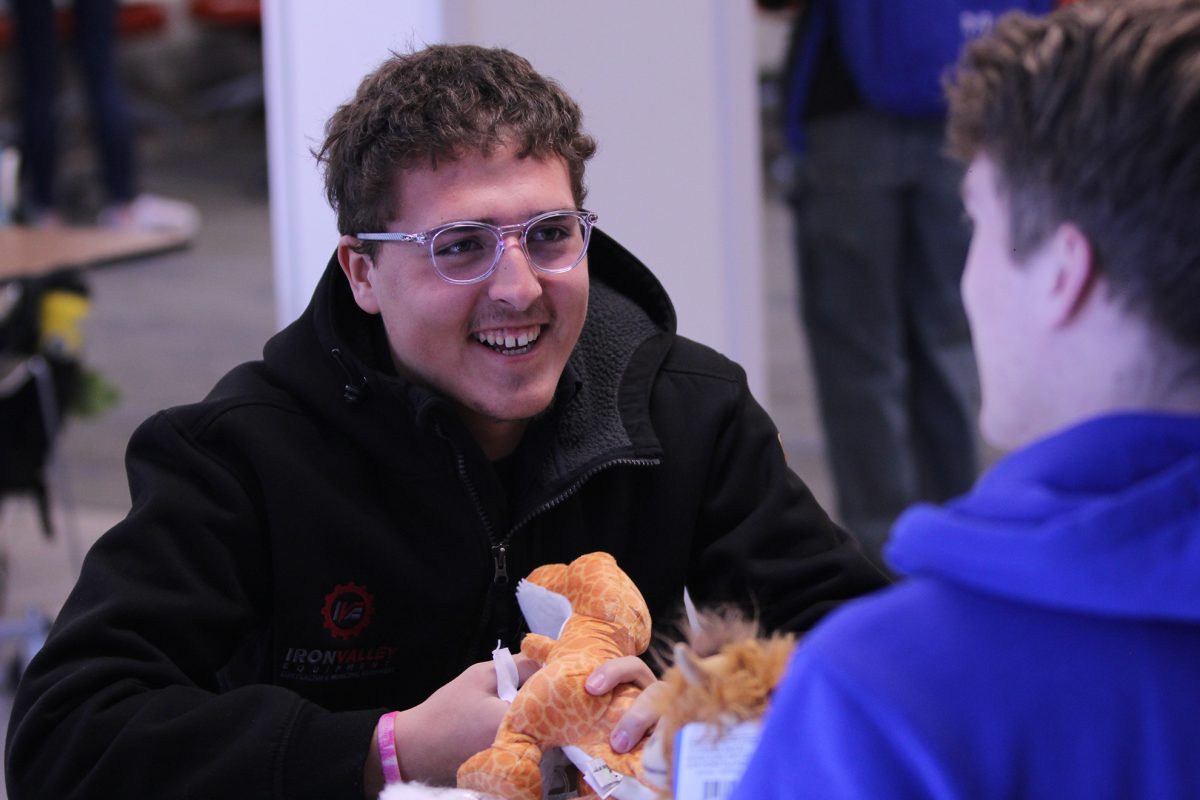OLIVIA RASH
rashol@lopers.unk.edu
Mental health is more commonly talked about in regular day conversation than it has been for college students and adults in the past. Our own parents and grandparents weren’t raised in a world where anxiety disorders, and depression were an open topic among friends and classmates. Expressing your mental struggles is no longer considered a taboo subject amongst peers.
Aside from using memes that we all know and love making light of our own internal thoughts, we realized the seriousness behind them.
As someone who struggles daily with a seizure disorder, OCD and anxiety I have discovered first hand the stigma connected with telling employers, peers, and even professors, about my mental health. But taking the extra step to accept help and create a healthier you is the most beneficial thing one can do. After having my first seizure in April 2019, I found my anxiety and OCD had risen from what I thought was a “healthy dose” of mental illness to an intense struggle between me and my brain. My seizures and the medication the neurologist had prescribed changed the way my mind worked and changed the way I controlled my emotions. The first 6 months were the hardest, causing me to be in and out of the hospital, doctor offices, and my therapists office regularly. Adding stress about my physical health, and how I thought about my everyday life was exhausting.
UNK helped me through a lot of the initial changes, with the on-campus counselor being available weekly, and the Disability’s Office making sure my professors were aware of my health issues I was well aware I had support.
The biggest help came with the Dean of the Division of Student Affairs, Dr. Hinga and his office. I was able to let them know that I had to take an academic leave of absence and how long I’d be gone as to not cause me to get downgraded for being absent because I was at UNMC or because I was unable to drive to campus due a seizure that day.
For students dealing with any health issue, physical or mental, this is an amazing resource alone, but with the support from other offices on campus, I knew whatever happened I had a team of Lopers on my side, rooting for my success.
According to a study by Dr. Gregg Henriques, Ph.D and professor of psychology at James Madison university, back in the 1980s only one in ten college students were seeking mental health services, where as one in three students today could use the support. Universities like UNK have adjusted accordingly to the necessity by providing student mental health counseling on campus for easy access to services needed.
Sleep deprivation and caffeine have huge impacts on any students regular school day, but many students easily shrug stress caused by mental illnesses off, by pointing the blame to homework, and midterms.
The American College Health Association’s 2017 study of 63,000 college students reported that 60% felt overwhelming anxiety, 40% had symptoms of depression so severe it impacted their ability to function.
These studies only show two common, yet serious mental illnesses that students struggle with out of a nearly endless list of issues. Next to Anxiety and Depression, students struggle with OCD, eating disorders, Bipolar disorder, addiction and more.



